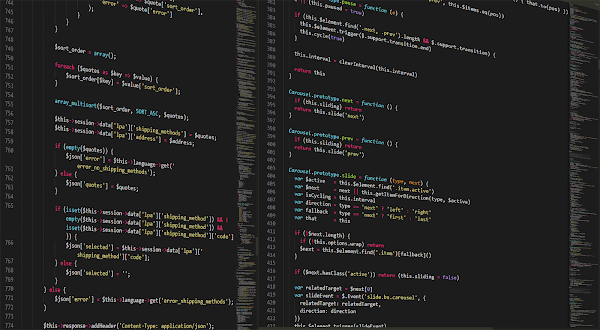Security experts have made the alarming discovery that preloaded 'Guerrilla' malware has been disseminated on millions of smartphones globally. Once embedded in the device, this sneaky type of malware grants attackers unrestricted access to private user data, potentially resulting in privacy violations and financial loss.
The Guerrilla malware, also known as the Triada trojan, is one of the most advanced and persistent mobile threats to date. It was first identified by Kaspersky researchers, who found it embedded in the firmware of various Android devices. This preinfection tactic makes it extremely difficult for users to detect and remove the malware, as it resides deep within the device's system files.
The Lemon Group, a notorious cybercriminal organization, is believed to be behind the distribution of these infected smartphones. They capitalize on unsuspecting users who unknowingly purchase devices already compromised with the Guerrilla malware. Once activated, the malware acts as a backdoor, allowing the cybercriminals to remotely control the device, intercept communications, and steal sensitive information such as login credentials, banking details, and personal data.
The implications of this preinfection tactic are profound. Users are left vulnerable, unaware that their devices have been compromised from the moment they start using them. Even performing a factory reset or flashing the firmware does not guarantee the complete removal of the malware, as it can persist in the device's system files.
To make matters worse, many of these infected devices are sold in regions with limited cybersecurity awareness and infrastructure, making it even more challenging to address the issue effectively. The impact extends beyond individual users to businesses and organizations that may unwittingly integrate these compromised devices into their networks, potentially exposing sensitive corporate data to cybercriminals.
The discovery of millions of smartphones distributed with preinstalled Guerrilla malware underscores the urgent need for stronger security measures throughout the supply chain. Smartphone manufacturers must implement rigorous security checks to ensure that their devices are free from malware before they reach the market. Additionally, users should exercise caution when purchasing devices, opting for reputable sellers and performing regular security scans on their devices.
The battle against preinstalled malware requires collaboration between smartphone manufacturers, cybersecurity researchers, and law enforcement agencies. By sharing intelligence and implementing proactive measures, it is possible to mitigate the impact of this growing threat and protect users from the dangers of preinstalled malware.
Guerrilla spyware that comes preinstalled on millions of cellphones poses a serious threat to consumer security and privacy. Users, manufacturers, and the cybersecurity community must all exercise vigilance and be proactive in addressing this sneaky danger due to the clandestine nature of this malware. We can only protect our digital life and maintain the integrity of our cellphones by working together.









